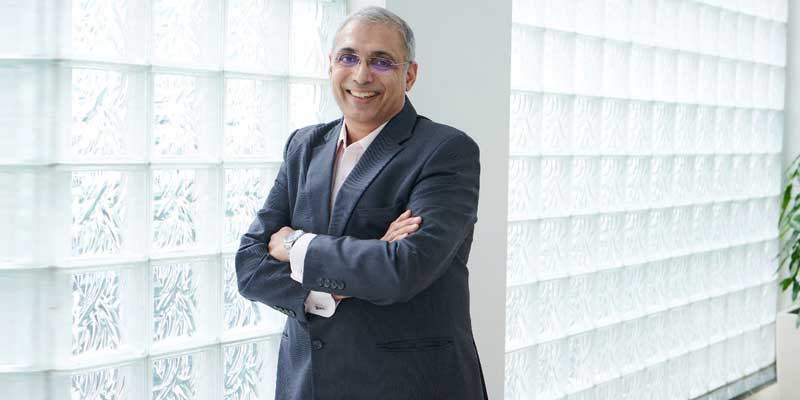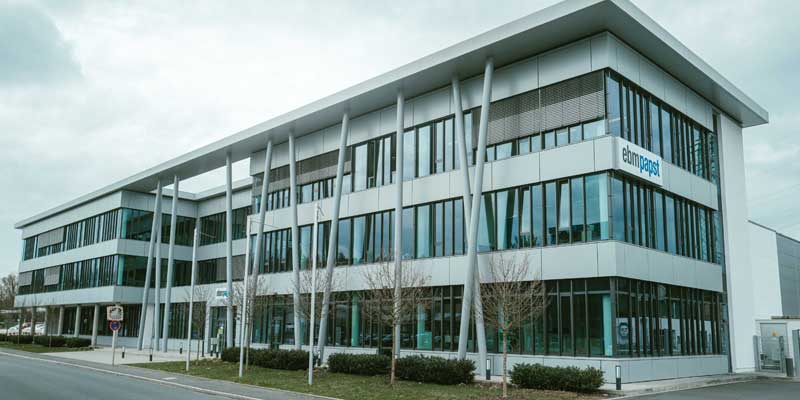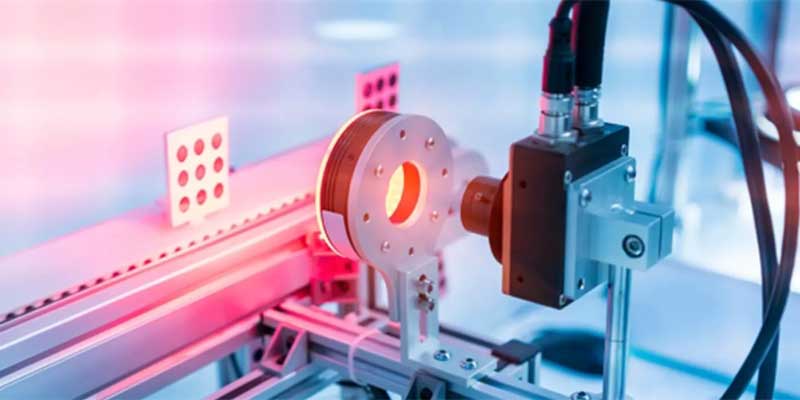Schedule a Call Back
Godrej & Boyce's dedication to sustainability is deep-rooted
 Interviews
Interviews- Feb 06,24

Related Stories

Impact of Siemens’ new acquisition on industrial drive market
Siemens’ acquisition of ebm-papst’s industrial drive technology (IDT) business opens up wider global market access for these products, leveraging Siemens’ extensive global sales channels, says..
Read more
Robotics promises big productivity gains in auto industry: GlobalData
In a dynamic era of technological advancement, the automotive industry stands at the precipice of a revolution driven by robotics, as per GlobalData’s new research report, “Robotics in Automotiv..
Read more
Machine vision players opt for acquisition route for growth
While many new vendors are entering the machine vision market, global corporations are investing in acquiring technology and expertise in each of the machine vision component sectors, says Jonathan ..
Read more













